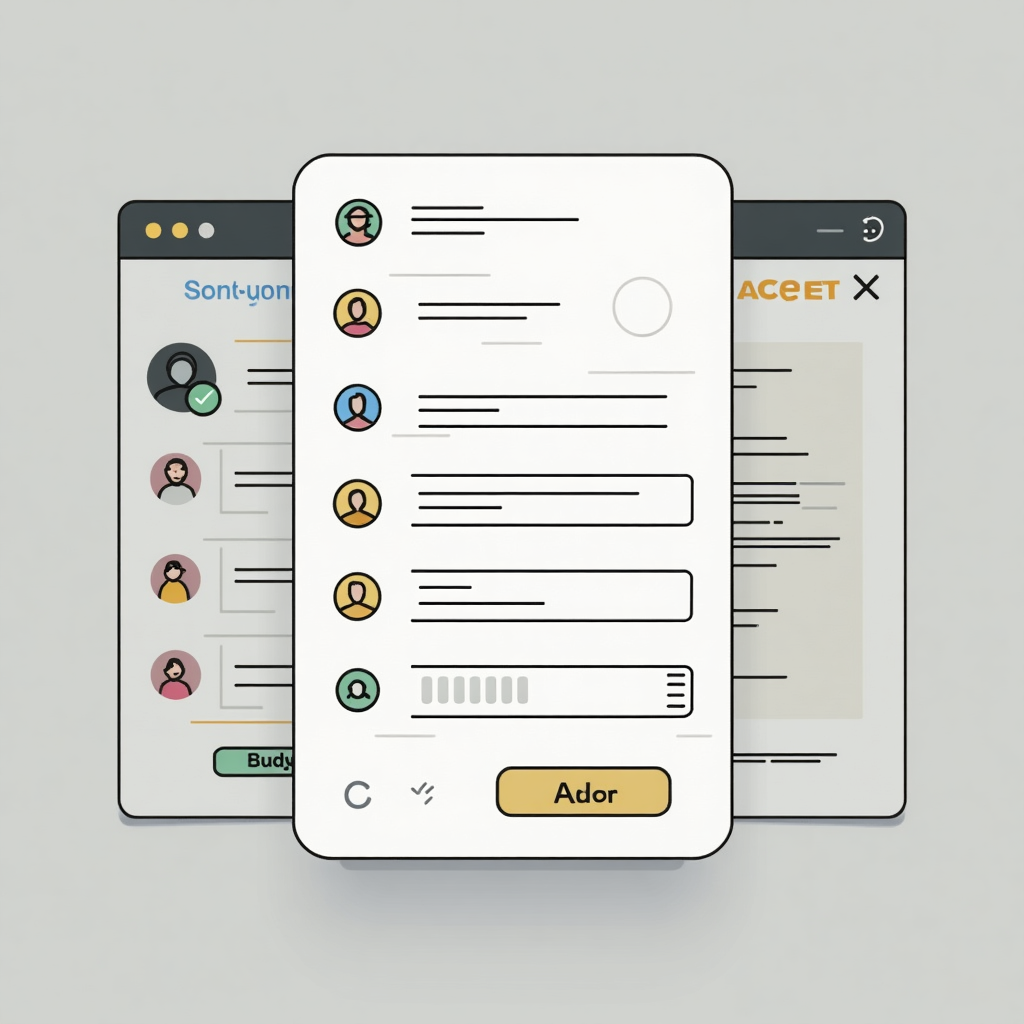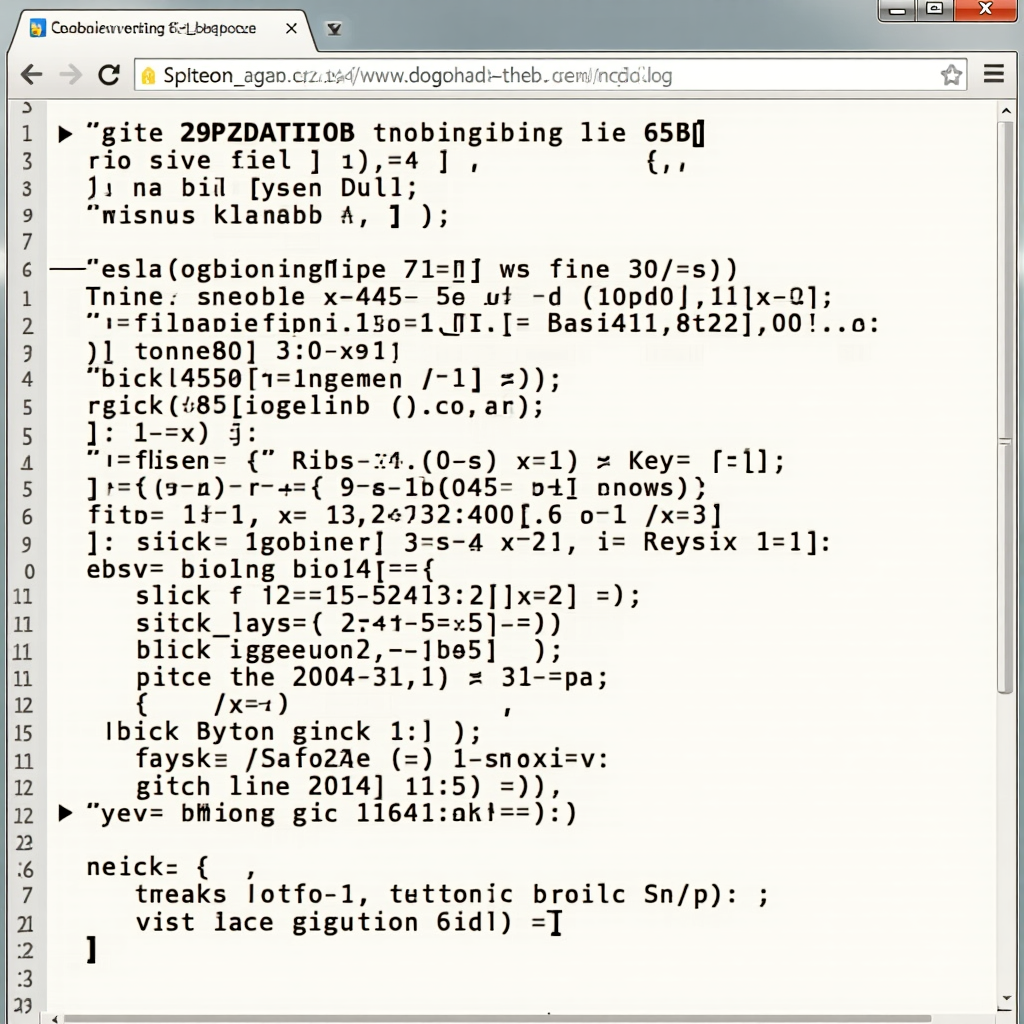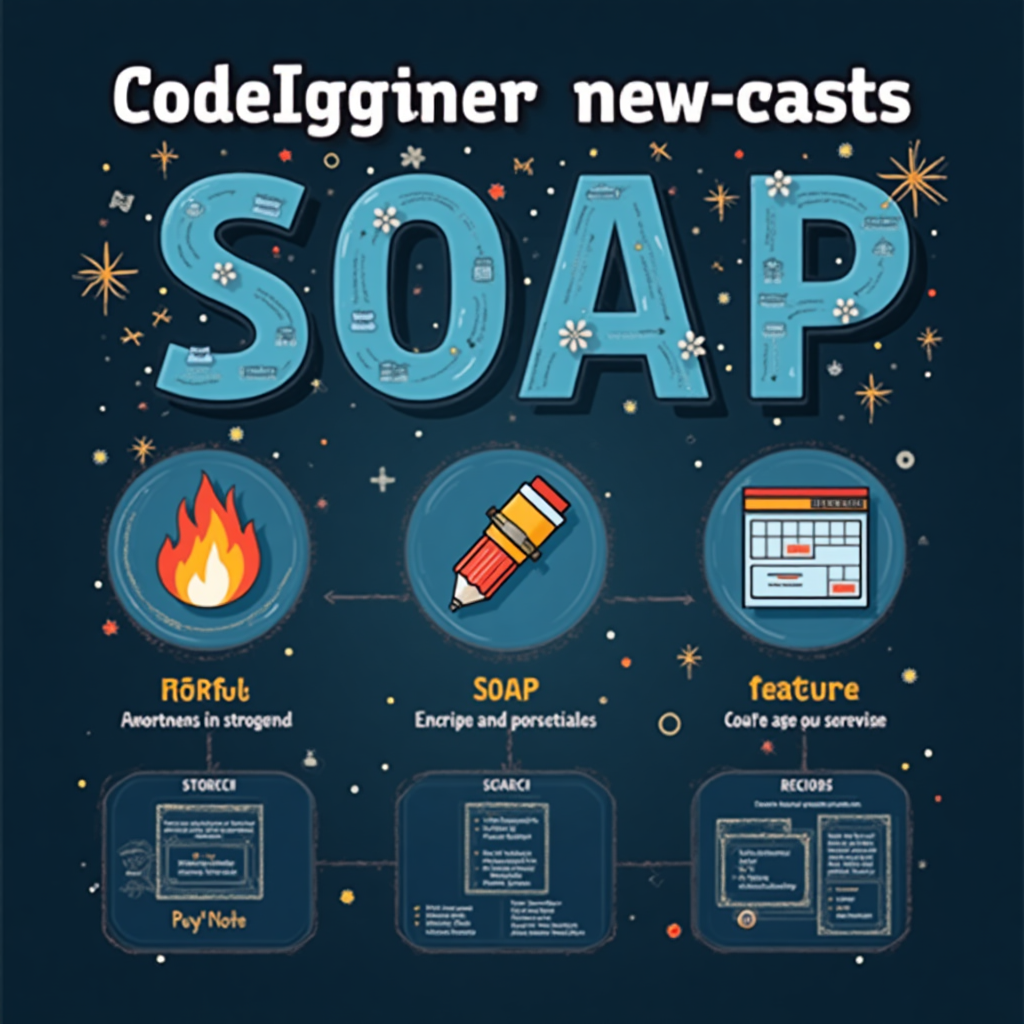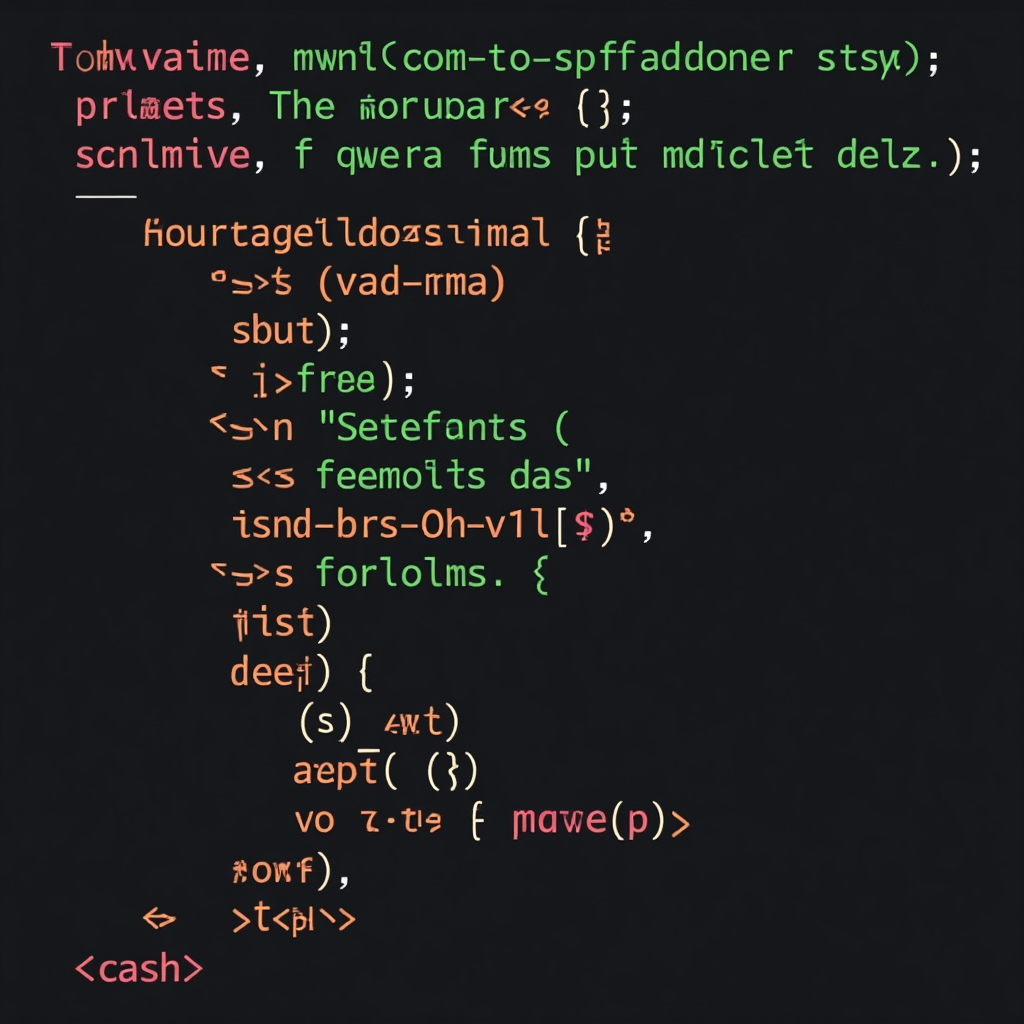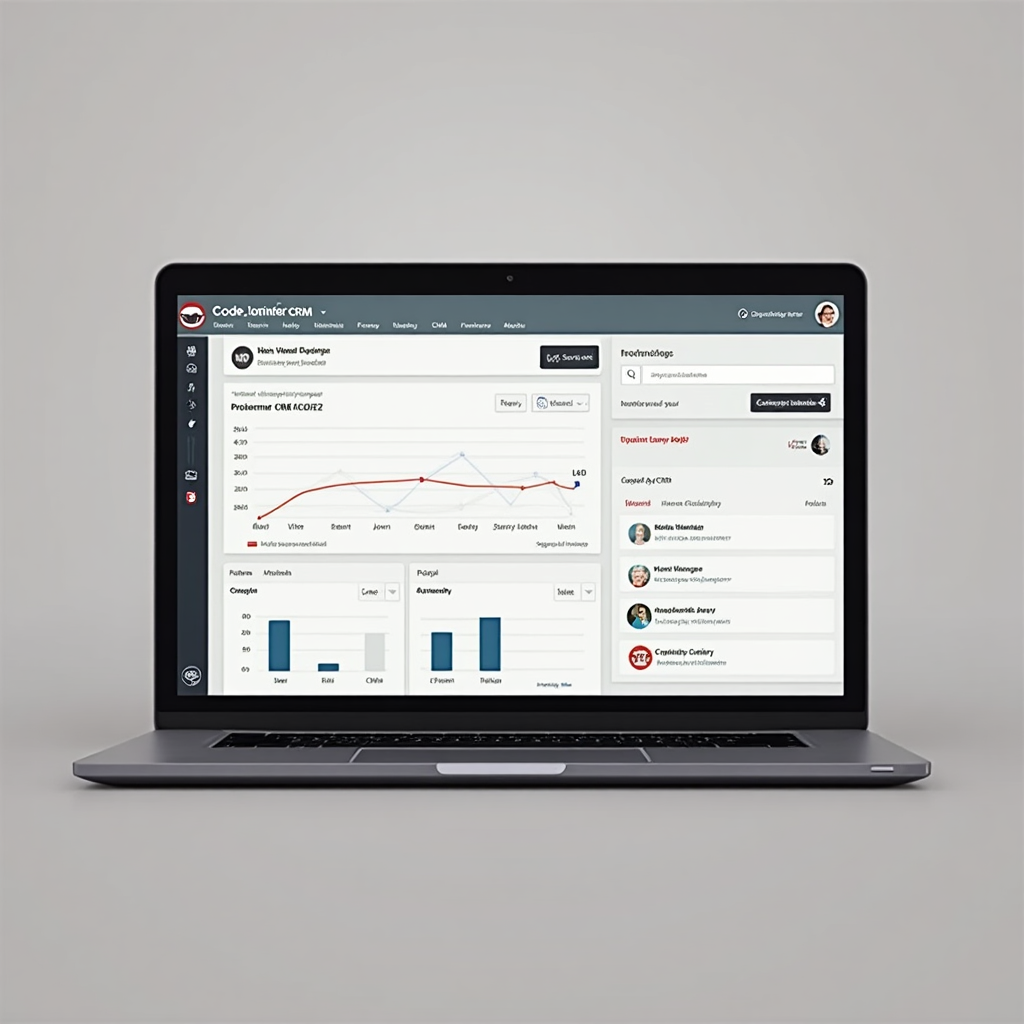CodeIgniter User Authentication & Authorization: A Comprehensive Guide
CodeIgniter User Authentication is a comprehensive guide for secure user authentication systems. It provides a step-by-step process for implementing login, registration, and password recovery. The guide covers libraries and classes for user authentication, session management, and access control. It also includes examples and best practices for securing user data. By following this guide, developers can create robust and secure authentication systems for their CodeIgniter applications, protecting user information and preventing unauthorized access. This guide is ideal for developers looking to enhance their application’s security features. Secure authentication is essential for any web application.
CodeIgniter User Authentication & Authorization: A Comprehensive Guide Read Post »
